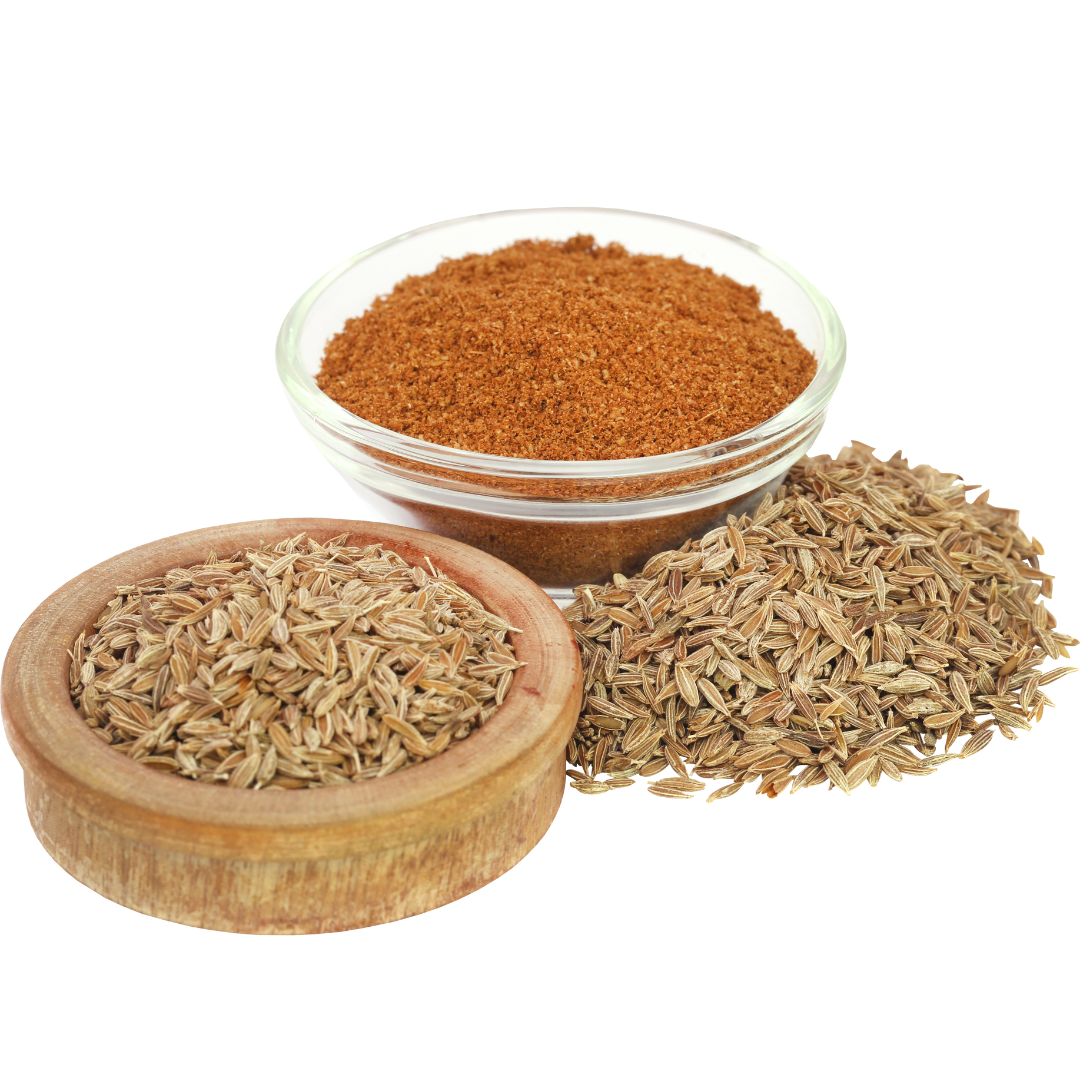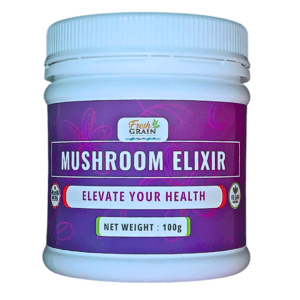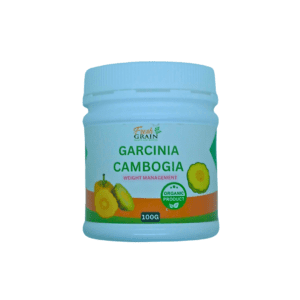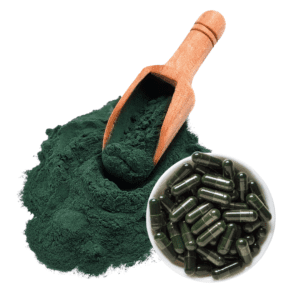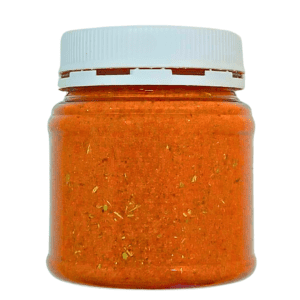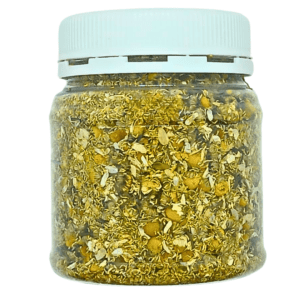Cumin Seeds:
Description: Cumin (Cuminum cyminum) seeds are a popular spice used in various cuisines around the world. These small, elongated seeds have a warm, earthy flavor and are a staple in many spice blends. Cumin is not only valued for its culinary uses but also for its potential health benefits.
Nutritional Breakdown: Cumin seeds are not a significant source of macronutrients but are rich in various bioactive compounds, including:
- Vitamins: Contains small amounts of vitamins like vitamin A, vitamin C, and some B vitamins.
- Minerals: Good source of minerals, including iron, manganese, calcium, magnesium, phosphorus, and zinc.
- Dietary Fiber: Provides fiber, which supports digestive health.
Potential Benefits:
- Digestive Health:
- Cumin seeds are known for their digestive benefits. They may help alleviate indigestion, bloating, and gas due to their carminative properties.
- Anti-Inflammatory Properties:
- Some studies suggest that cumin has anti-inflammatory effects, which may be beneficial for conditions related to inflammation.
- Rich in Iron:
- Cumin seeds are a good source of iron, supporting hemoglobin production and preventing iron deficiency anemia.
- Antioxidant Effects:
- Cumin contains antioxidants that help neutralize free radicals, contributing to overall health and well-being.
- Blood Sugar Regulation:
- Cumin may help regulate blood sugar levels, making it potentially beneficial for individuals with diabetes or those at risk.
- Weight Management:
- Some studies indicate that cumin may have anti-obesity effects and could support weight management.
How to Use Cumin Seeds:
- Spice Blends:
- Add cumin seeds to spice blends like garam masala or curry powder for an earthy flavor.
- Tempering:
- Use cumin seeds for tempering in Indian and Middle Eastern dishes. Heat them in oil or ghee until they sizzle, releasing their aroma.
- Roasted Vegetables:
- Sprinkle roasted vegetables with ground cumin or whole cumin seeds for added depth of flavor.
- Rice and Grain Dishes:
- Incorporate cumin seeds into rice, quinoa, or other grain dishes during cooking for enhanced taste.
- Beans and Legumes:
- Add cumin seeds to dishes containing beans or lentils to enhance the overall flavor.
- Soups and Stews:
- Include cumin seeds in soups, stews, and sauces for a warm and aromatic touch.
- Tea Infusion:
- Make a cumin tea infusion by steeping cumin seeds in hot water. This can be enjoyed as a digestive aid.
Caution:
- Individual Sensitivities: While cumin is generally safe for most people, individuals with allergies to related plants may experience cross-reactivity.
- Pregnancy: Pregnant women should consume cumin in moderation as excessive amounts may have uterine stimulant effects.
Cumin seeds are versatile and can be easily incorporated into various dishes to enhance flavor while offering potential health benefits. Adjust the quantity based on your taste preferences and enjoy the warm and distinctive taste of cumin in your cooking.

